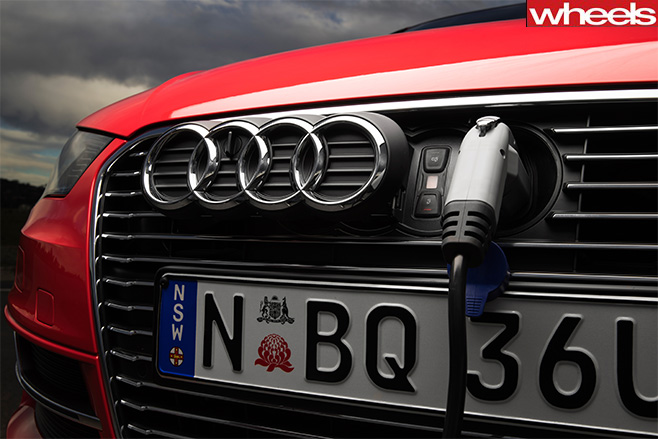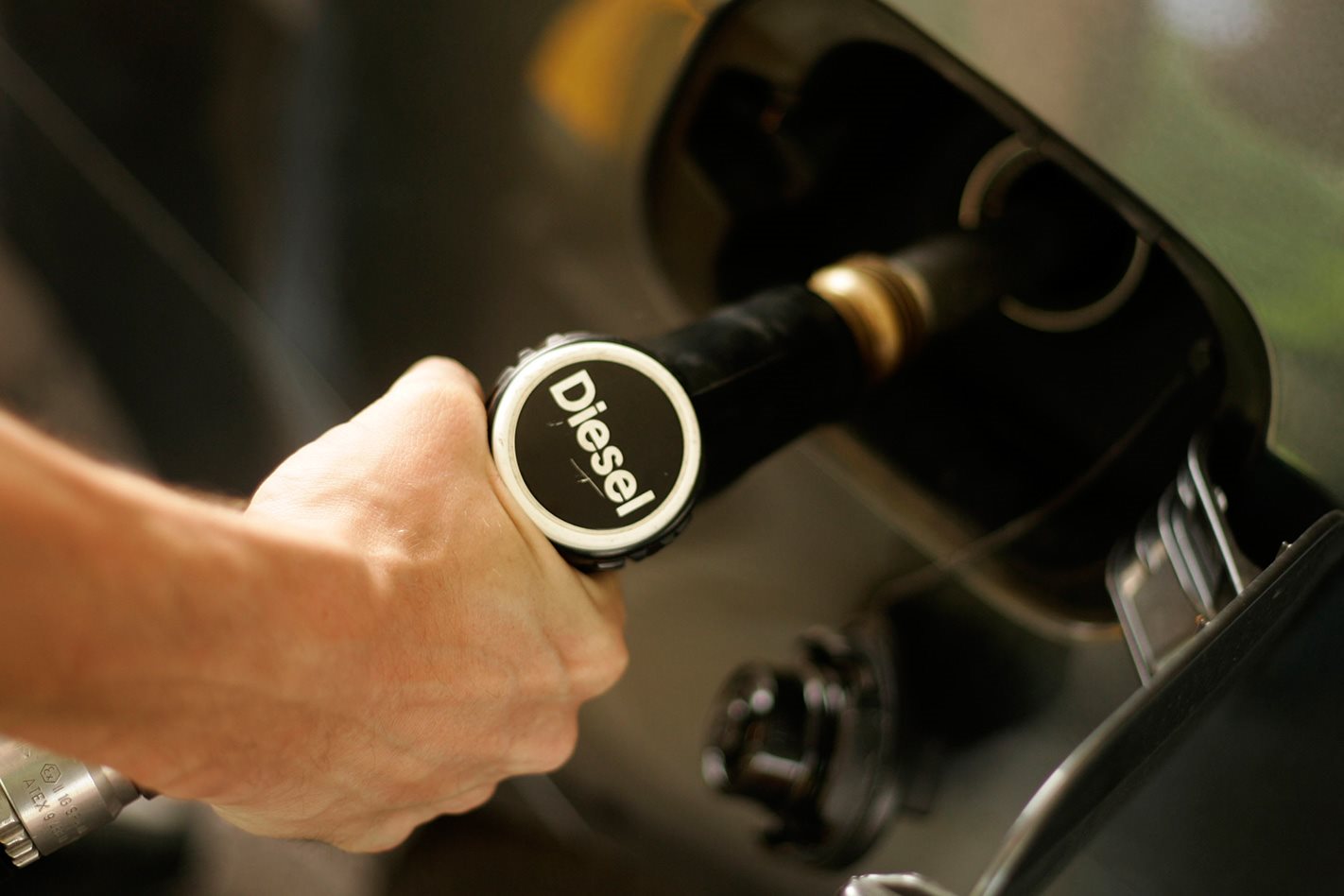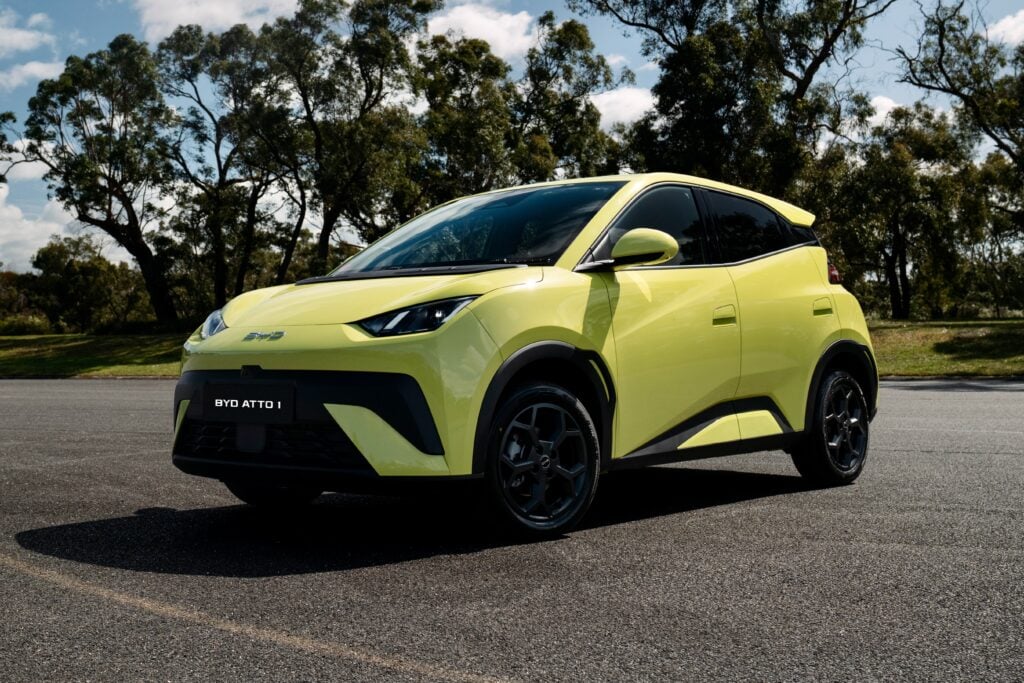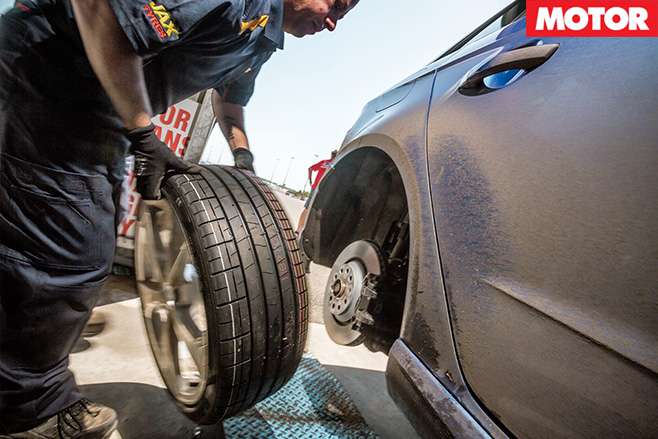IT MAY BE years before the full impact of the Volkswagen diesel emissions scandal can be accurately assessed, but this disgraceful deception clearly has the potential to deal diesel a severe blow.
Regulatory scrutiny of emissions testing procedures all around the world is sure to tighten, while consumers must now be justly suspicious of diesel’s claims to cleanliness. Both factors will combine to drive down diesel sales. The only question is, by how much?
Ironically, pleasing customers was Volkswagen’s apparent motive for installing the sneaky software that sparked it all off. The company’s EA189 2.0-litre four-cylinder turbo-diesel apparently produces more power when running in its dirty daily driving mode than when in an emissions testing cell. Someone inside Volkswagen must have decided that disappointing diesel drivers was a greater risk for the company than breaking the law. They were wrong. Very wrong.
The specific pollutant Volkswagen was so concerned about is NOx, or oxides of nitrogen. Diesel combustion, for reasons there isn’t room to discuss here, produces more NOx than burning other fuels. And NOx is quite nasty stuff. Worst of them is nitrogen dioxide (NO2), a reddish-brown gas that is fatal in quite small concentrations, and a respiratory irritant in even lower doses. It’s been pinpointed as a cause of asthma and emphysema, as well as smog and acid rain. Even though it makes up only a tiny fraction of what comes out of a diesel engine’s exhaust pipe, regulators around the world demand very low – as in parts-per-million – emissions of the stuff. The US has some of the toughest legal limits in the world.
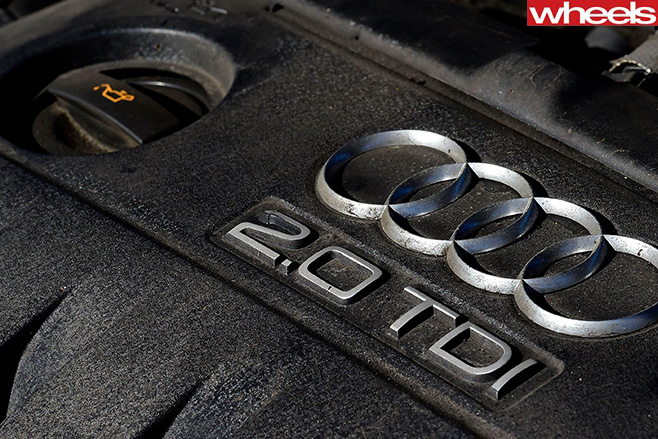
Petrol-electric hybrids, on the other hand, easily beat diesel for emissions of the big global-warming gas in a typical driving mix. And there’s no question they are cleaner when it comes to pollutants like NOx.
Most car buyers are not experts in combustion chemistry, exhaust gas treatment, emissions testing procedures or the environmental pros and cons of the various drivetrain types on offer. The Volkswagen episode will leave many with the simple impression that diesel is dirty. But what effect will this have on car purchase patterns?
It’s likely some already diesel-sceptic governments will act to effectively remove diesel from the passenger car menu. The list is headed by the world’s two biggest car markets, China and the US, so this would spell the end of plans by European manufacturers to extend diesel’s reach.
Tougher to predict is what lasting effect the scandal will have in Europe, until now diesel’s domain. To a large extent it will depend on government action. After all, diesel’s 53 percent share of the European passenger car market was the result of policies designed to make diesel fuel less expensive than petrol after the oil shocks of the 1970s. The idea was to reduce imports of oil by encouraging drivers to choose more fuel-efficient cars.
A change in policies to discourage diesel could be equally effective. The mayor of Paris, for example, earlier this year signalled her desire to rid the French capital of diesel cars by 2020. This might have seemed loopy before the Volkswagen scandal, but now sounds sensible.
Hybrid to shine
